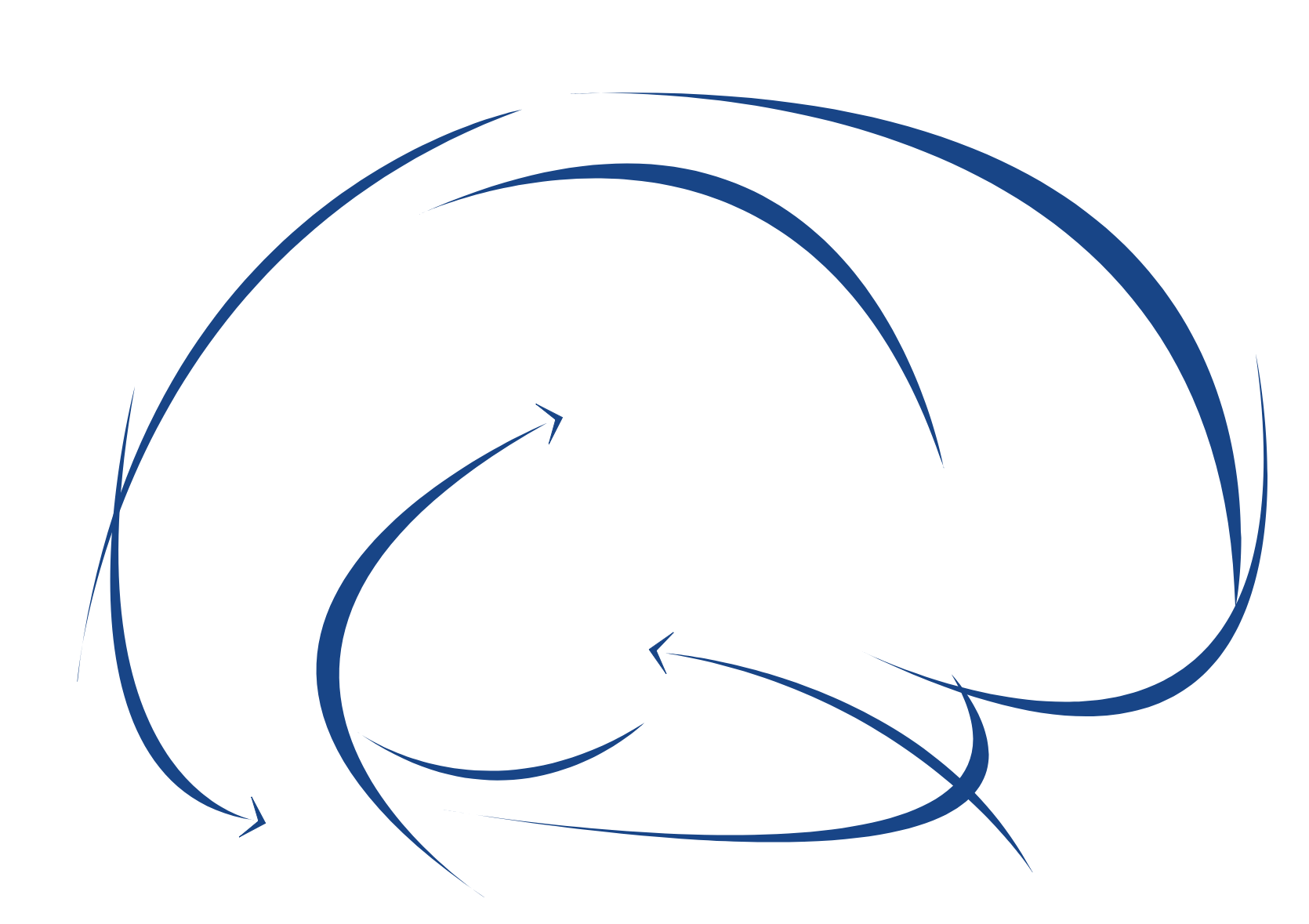Title: Rational redesign of noninvasive brain stimulation for mental health disorders
Dr. Corey Keller - Stanford, Precision Neurotherapeutics Lab, United States
Dr. Keller is an Assistant Professor of Psychiatry and Behavioral Sciences at Stanford University. He received his MD and PhD in neuroscience from the Medical Scientist Training Program at Albert Einstein College of Medicine and completed psychiatry residency at Stanford focused on interventional psychiatry. The overarching goal of Dr. Keller’s Laboratory for Personalized Neurotherapeutics (kellerlab.stanford.edu) is to improve brain stimulation treatment for neurological and psychiatric disorders. His lab focuses on understanding the neural mechanisms of how brain stimulation techniques alter brain circuits in an effort to develop novel, personalized, and more effective interventions. His lab combines invasive and noninvasive brain stimulation coupled with electrophysiology techniques to answer these pressing questions.
Aix-Marseille Université
INS - Faculté de Médecine, 27, Boulevard Jean Moulin
Marseille, 13005, France
Classroom 6 (Salle 6)Transcranial magnetic stimulation (TMS) has been FDA-cleared for treating depression for over a decade, yet the question of how it modulates brain circuits and reduces symptoms remains unanswered. Furthermore, current clinical practice employs only a limited set of treatment protocols, despite the potential for personalized, more effective treatments. The lack of reliable and valid noninvasive brain biomarkers has hindered progress in understanding TMS mechanisms and optimizing treatment. In this talk, we present an EEG-based biomarker that can stratify patients, track treatment progress, and enable personalized treatment. We describe our efforts to enhance the signal-to-noise ratio and biological validity of this biomarker by combining TMS with intracranial recordings. We then outline our approach to use this biomarker for developing novel treatment protocols and closed-loop adaptive approaches. These methods are not limited to TMS or depression and can be extended to other brain biomarkers, stimulation techniques, and mental health disorders.
Zoom link: https://univ-amu-fr.zoom.us/j/86932285282?pwd=bjRWQ3ozd0ZiNFJOS2ZWSGlzcDFNdz09
